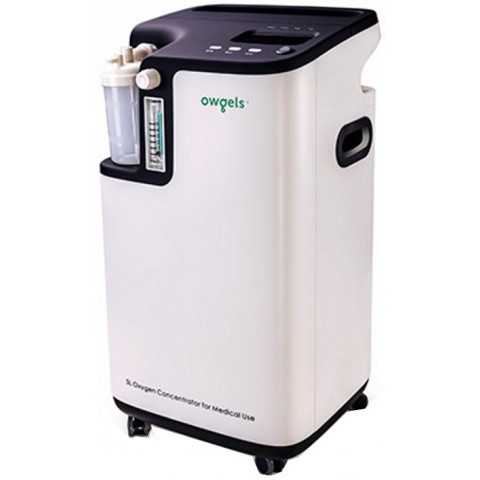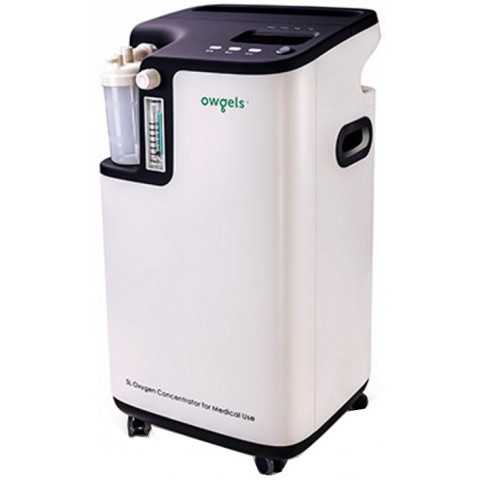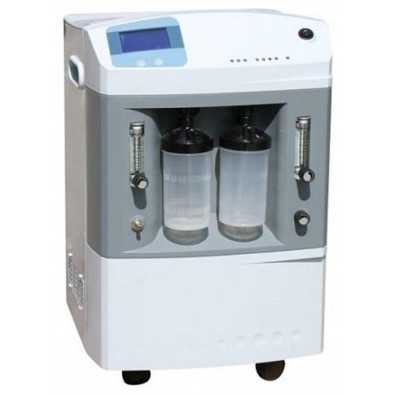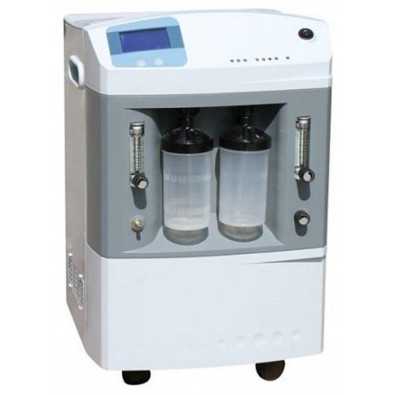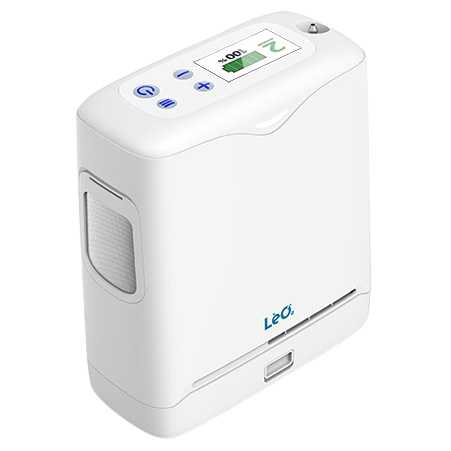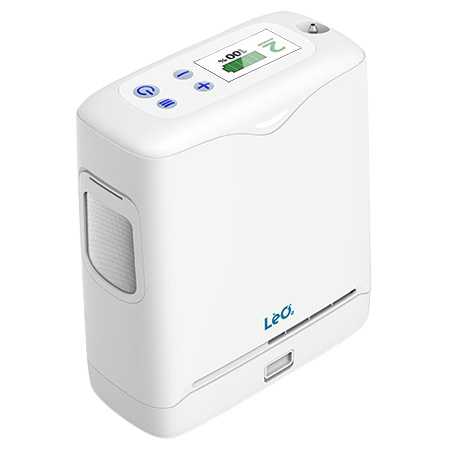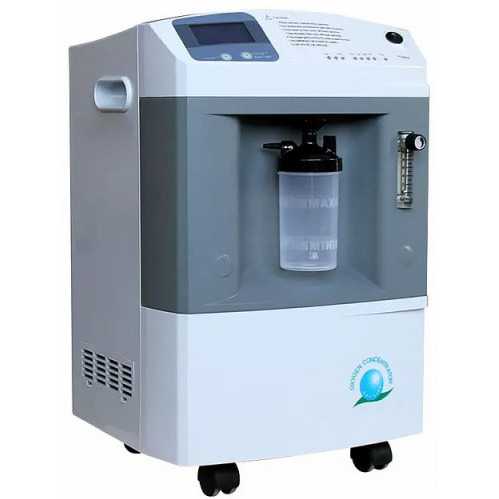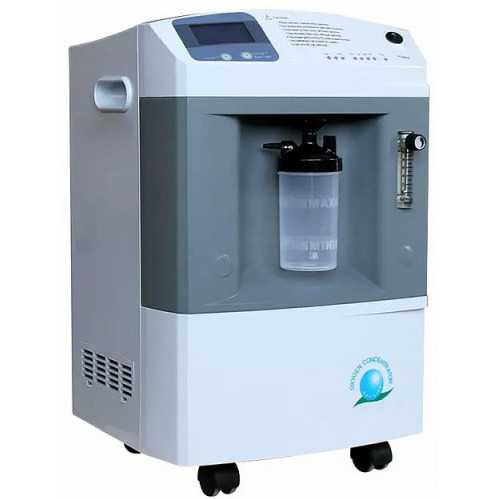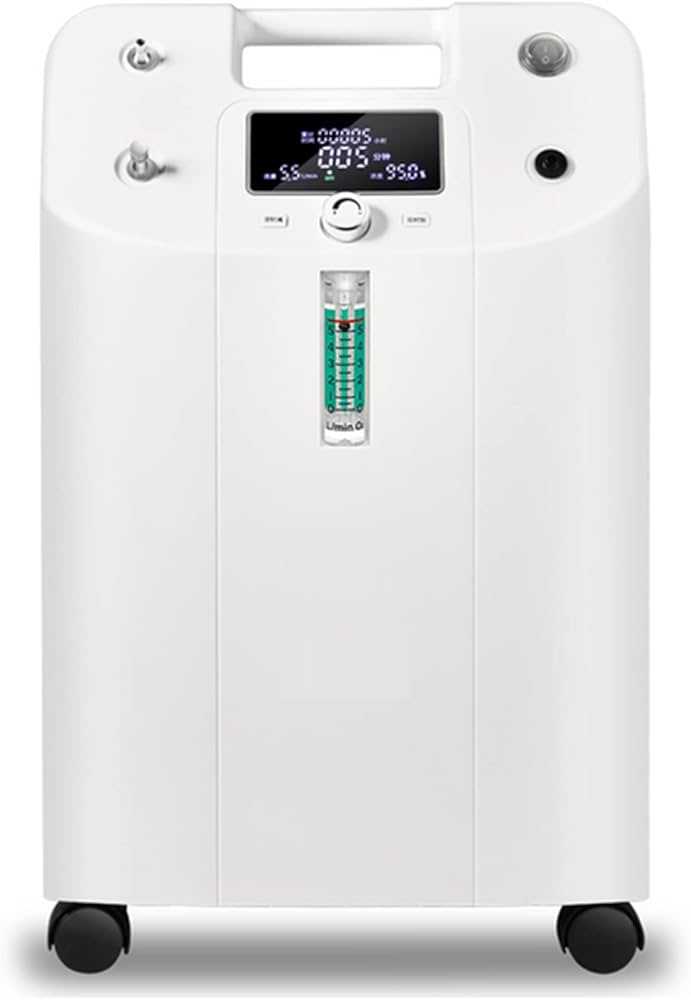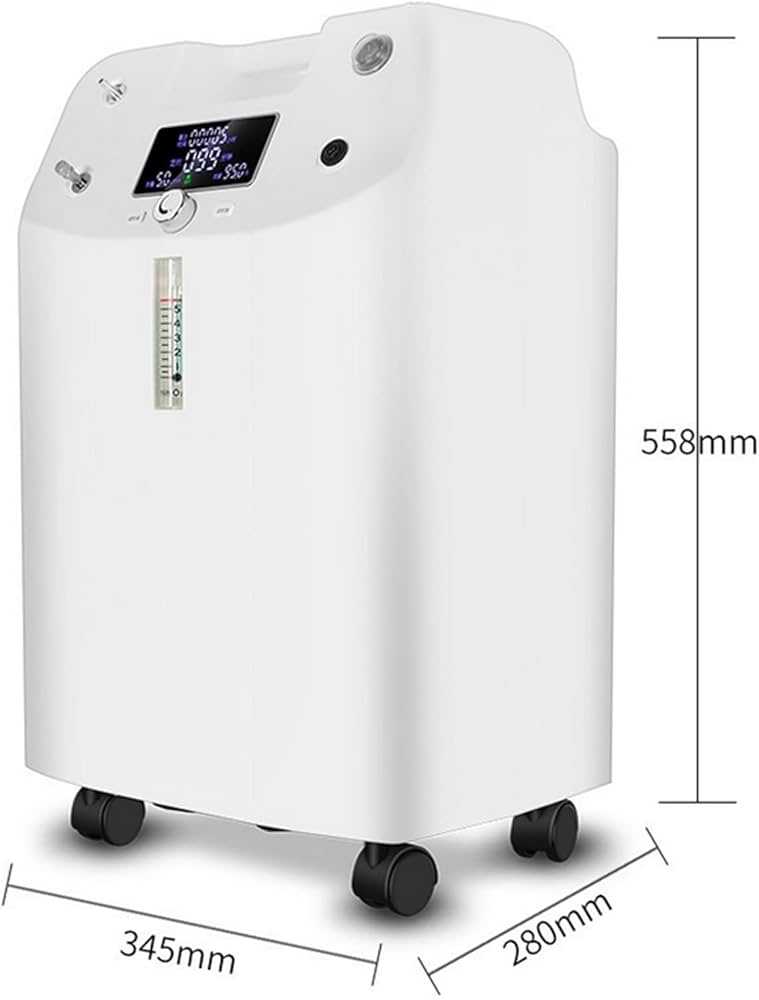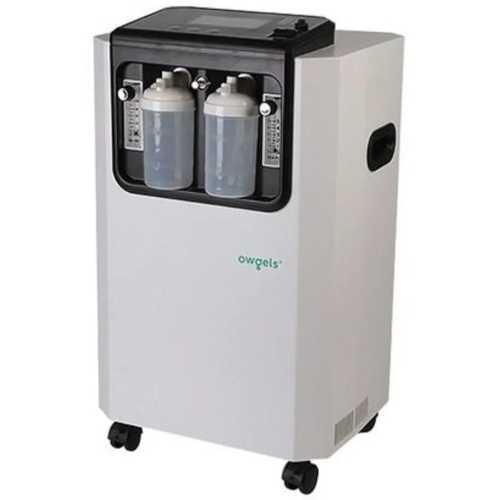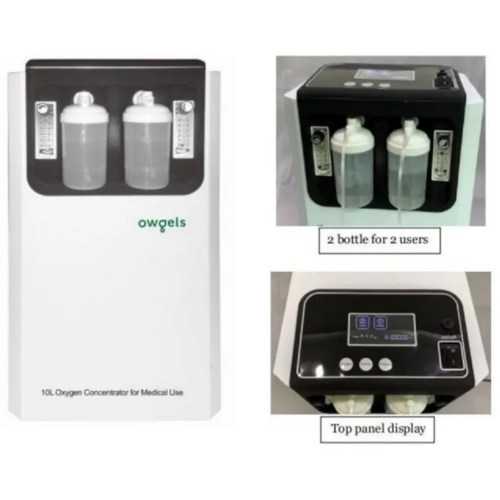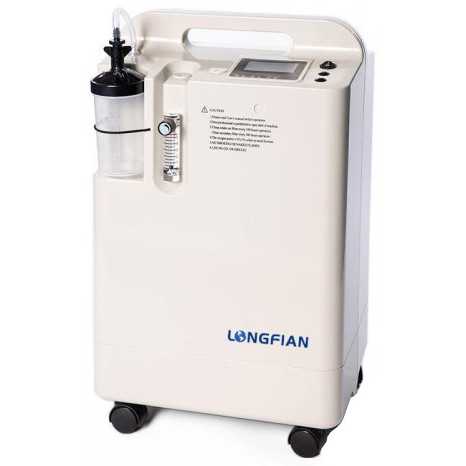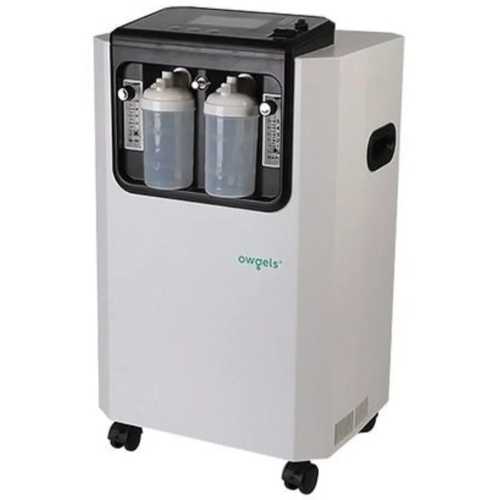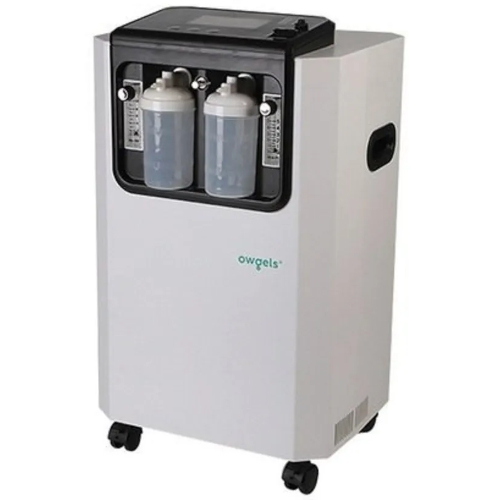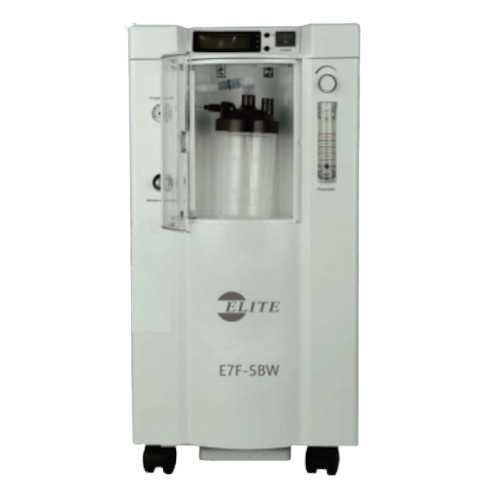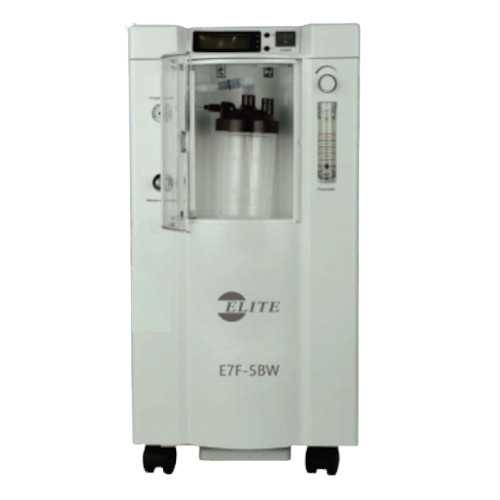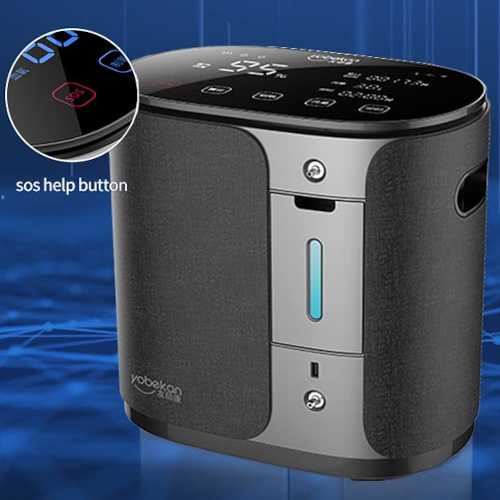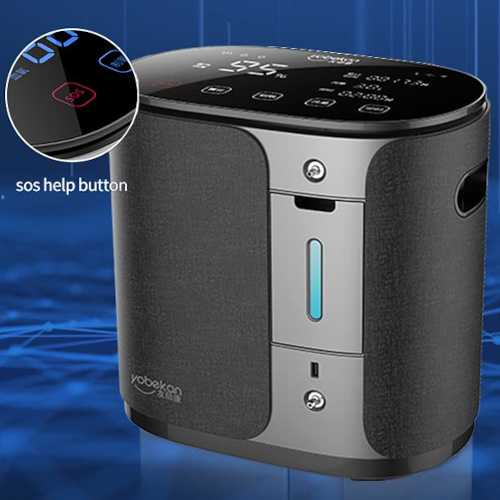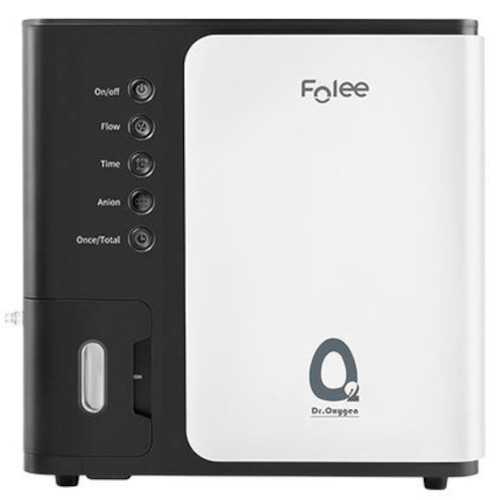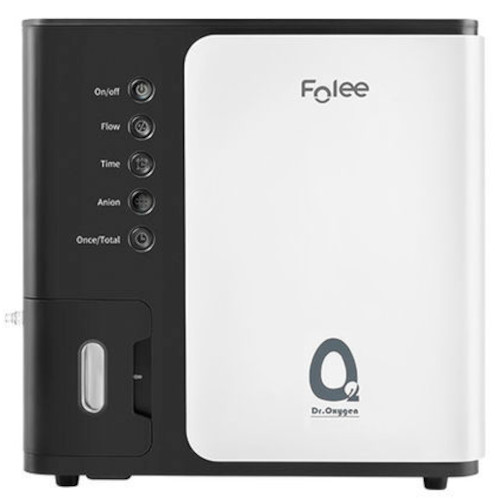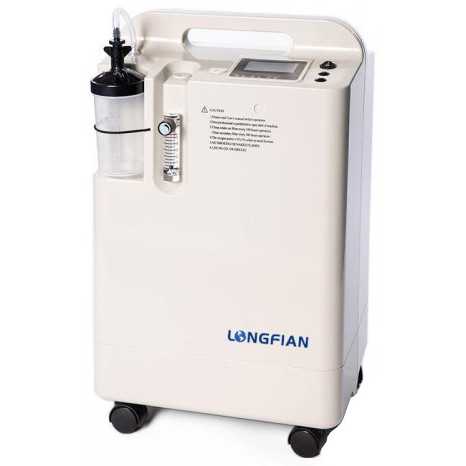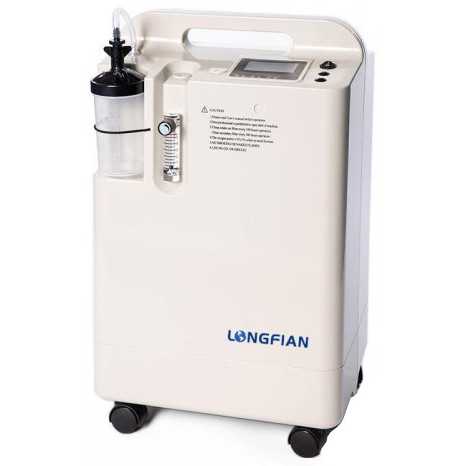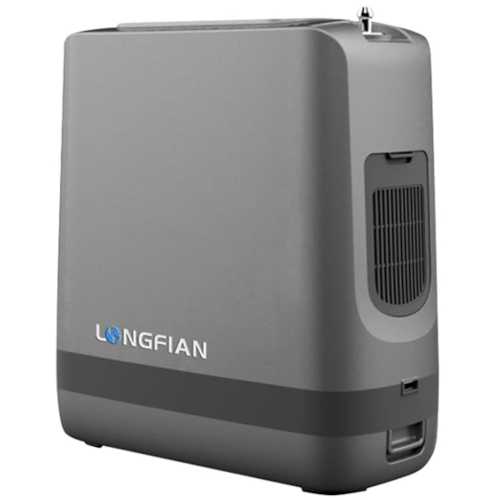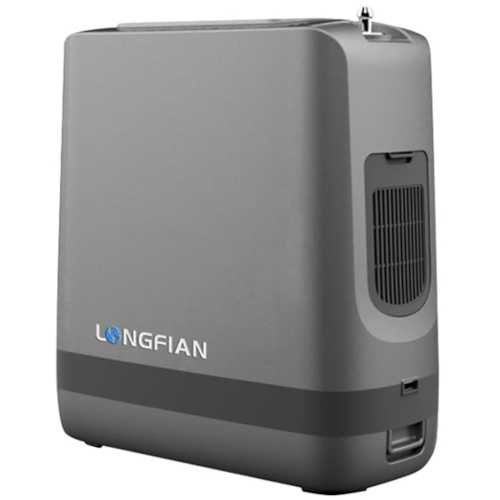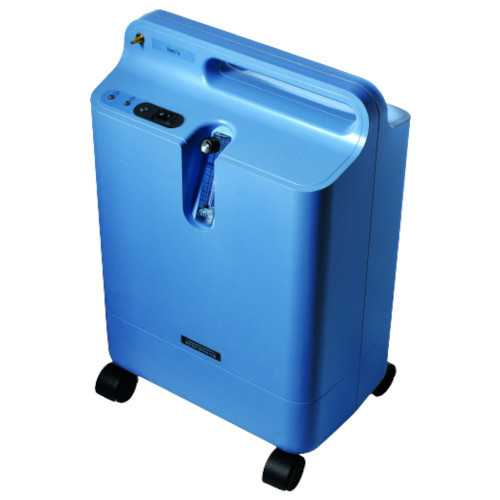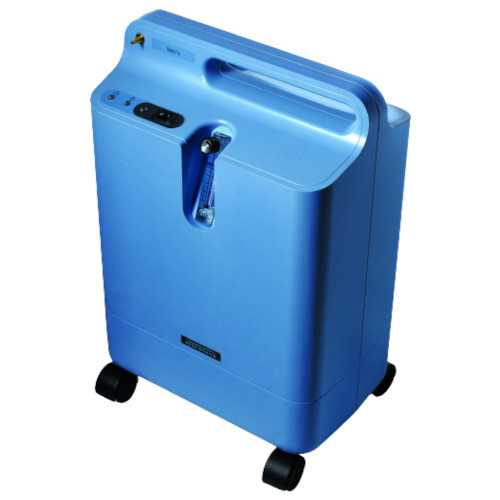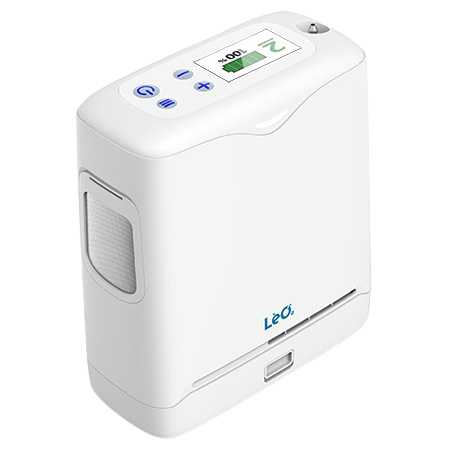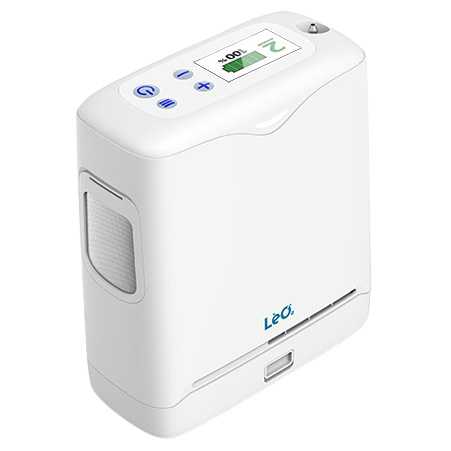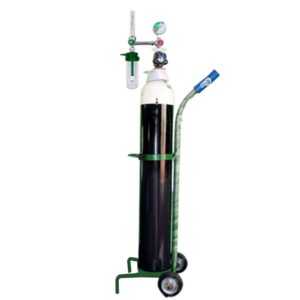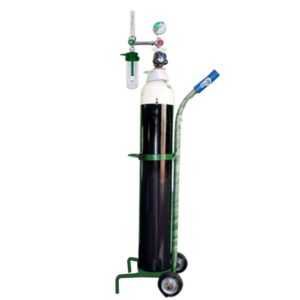Nursing Care for Sleep Apnea
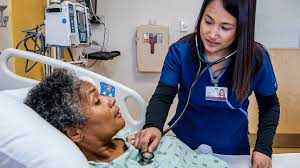
Nursing Care for Sleep Apnea
sleep apnoea meaning?
Apnoea is a Greek word meaning ‘want of breath’ and as such sleep apnoea literally means want of breath during sleep.
Sleep Apnoea is a possibly a serious sleep disorder, where a person’s breathing is interrupted or turns shallow several times during the sleep. This also means that the body including the brain does not get appropriate amount of oxygen during sleep. Sleep apnoea also spelled as sleep apnea is characterised by loud snoring, day time sleepiness and waking up with a tired feeling even after a full night of sleep.
types of sleep apnoea
Sleep apnoea are mainly classified into three types namely;
Obstructive Sleep Apnea (OSA) – OSA is the more common of the two type of sleep apnoea. It is caused by the blockage of the airway due to the collapse of the soft tissue located in the back of the throat.
Central Sleep Apnea (CSA) – CSA or central sleep apnoea is a more serious form of sleep apnoea as there is no blockage of air passage but, the brain fails to signal the respiratory system to breathe due to instability of the respiratory control centre.
Mixed sleep Apnoea – This form of sleep apnoea is the combination of the above two type of sleep apnoeas.
sleep apnoea causes
The sleep apnoea causes of the different types of sleep apnoea are given below;
Obstructive Sleep Apnoea causes
This form of sleep apnoea takes place when the throat relaxes during sleep leading to the collapse of the soft tissue wall in the throat which then obstructs the air pathway. The brain senses this obstruction to breathing and briefly rouses you up. This sleep interruption is extremely brief but, such interruptions can take place several times leading to sleep deprivation and other disorders.
Central Sleep Apnoea causes
Central sleep apnoea is a rare form of sleep apnoea and it is the direct result of the brain’s failure to transmit signals to the breath controlling muscles to breathe. This results in the person making no effort to breathe. This apnoea is followed by hyperapnoea, where the body compensates with faster breathing to eliminate the retained waste gases in the body. CSA results in shortness of breath and poses difficulty to staying asleep.
Mixed sleep apnoea
This is an even rarer type of sleep apnoea and is the combination of both the forms of sleep apnoea. It is mainly diagnosed when a person undergoes OSA treatment and then CSA emerges out.
sleep apnoea symptoms
The symptoms of obstructive sleep apnoea and central sleep apnoea overlaps and can sometimes be difficult to determine one sleep apnoea from the other by looking at the symptoms. The common sleep apnoea symptoms of the both the forms of sleep apnoea are as follows;
Snoring loudly
The breathing stops several times during sleep
Abrupt awakening by the brain followed by shortness of breath
Dry mouth and sore throat
Morning headache
Problem staying asleep leading to insomnia
Daytime sleepiness or hypersomnia
Difficulty paying attention.
General Irritability
sleep apnoea diagnosis
Depending upon the symptoms of the disease doctors can prescribe any of the following tests to make a confirmed diagnosis;
Nocturnal Polysomnography
Home Sleep tests
Sleep Apnoea complications
Sleep apnoea can lead to the following health conditions;
Daytime fatigue
High blood pressure and heart problems
Diabetes type 2
Metabolic Syndrome
Liver problems
Sleep deprivation
Sleep Apnoea Home Remedies
Sleep apnoea is a serious breathing disorder and must be attended to in a better way to relieve the symptoms. There are some sleep apnoea home remedies that are believed to help with the symptoms of the disease like;
Losing weight in case a person is overweight
Sleeping on the sides rather than sleeping on the back or flat on the face
Regular exercising
Taking myofunctional therapy
Soft palate exercises
Practice saying open vowels
Using specially designed pillows
Accupuncture
Avoiding alcohol and smoking
Playing a wind instrument like flute, trumpet, harmonica etc.
sleep apnoea treatment
For mild cases of sleep apnoea the treatment only involves lifestyle changes like losing weight, exercising, quitting smoking and alcohol. In more serious cases, sleep apnoea treatment involves medication, therapies, use of medical equipments and even surgery in some cases where relief is not offered by other sleep apnoea treatments.
how can we help?
Sleep apnoea is a serious disorder however; mild cases of sleep apnoea can easily be treated at home, especially if you have a healthcare service at home. We at Portea bring the best of clinical treatment within your home so that you can relax at your without compromising on the quality of healthcare. Myofunctional therapy has been scientifically proven to help with sleep apnoea problem, and we have the required expertise to help you with it. So if you need sleep apnoea care at home, just give us a try and you will be floored by our level of commitment and quality health care.
